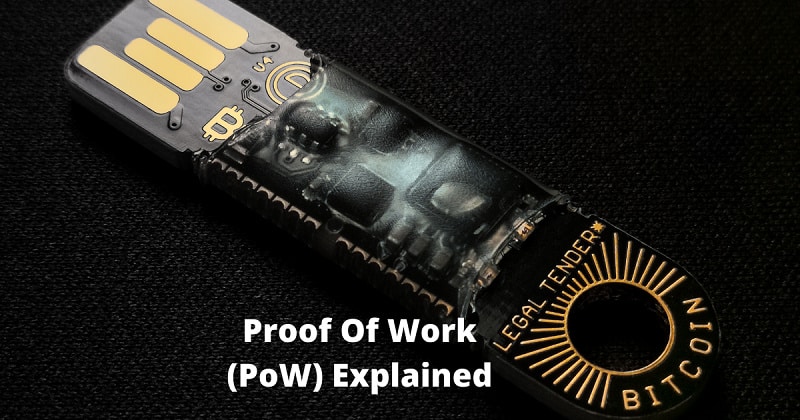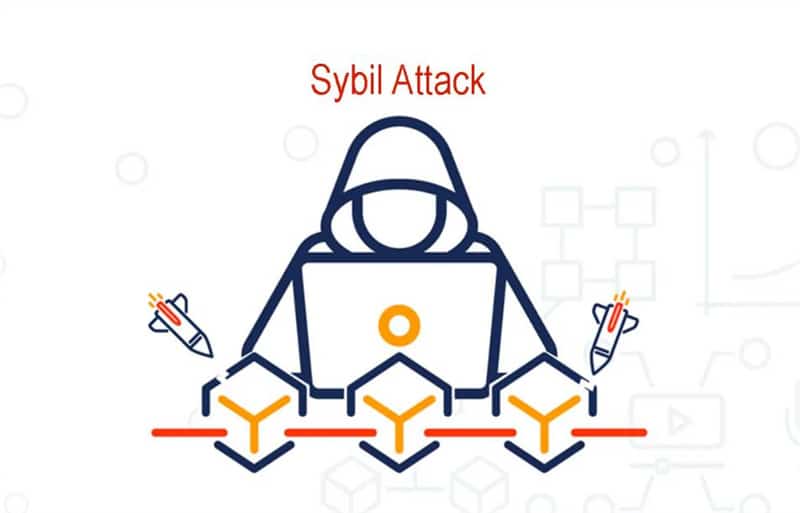
If we talk about Proof of Work, then it was started by Cynthia Dwork and Moni Nair. It uses the consent double SHA 256 without permission so that it remains safe from the influence of any hackers.
All miners constantly compete with each other to securely complete each transaction and get rewarded, with proof of work. Although it also has many advantages such as solving double-cost problems and it is very difficult to tamper with it, just like Crypto trading app , if one has high computational power then it becomes easy for him to do it.
In this blog, we are going to talk about two major attacks by which PoW-based systems can be crashed.
- Denial of Service (DOS)Attacks
- Cibil attacks
Denial of Service (DOS) Attacks

It is an attack in which an attacker sends a large amount of data to a particular node so that no normal bitcoin transaction can be processed by the node.
If this happens, the mining process takes a long time to metabolise, thereby wasting power for computation, and in the meantime, new nodes on the network are added to the network by the attacker, which can result in a monopoly known as a Sybil attack.
Solution
Here are several bitcoin rules you should be aware of to prevent DoS-like attacks:
- Limiting the size of the bitcoin script to around 10000 bytes.
- Disconnect if a colleague sends too many messages.
- No forwarding of any double-spend transactions.
- No forwarding of orphan blocks.
- No forwarding of the same block or transaction.
- Limiting block size to 1MB
Sybil Attack

It is an attack in which the attacker fills the network by keeping the clients under his control. Doing so allows the attacker to have complete control over the network, or moreover, be able to monopolise the client by taking a variety of actions as instructed by the attacker.
They may refuse to relay valid blocks, or they may only relay blocks that are created by attackers and those blocks can lead to double-spending. Simply put, the attacker can rely on various nodes in the network which can be used collectively to compromise the PoW mechanism.
Solution
To fully handle attacks like Sybil, we need to diversify the connections which means issuing outbound connections to one IP per /16 IP addresses. So when diversity is included in the network it is expected that if the attacker gate launches multiple false miners, the attacker can release them within the same cluster network.
The above 2 major attacks are the ones that can completely replace transactions in Proof of Work (PoW) based systems but we have discussed their solutions as well. Now the question is, can bitcoin PoW be broken?
When it comes to breaking Bitcoin PoW, yes it can be broken, however even after taking into account all subsequent attacks, it is computationally difficult to break Bitcoin PoW, but not impossible. Because high-power servers can be deployed by the attacker to do more than all the work of the blockchain and on the other hand there is a known cause of a successful double spend.
The issue with consent to proof of work
There are two main issues in the proof-of-work consensus mechanism which are detailed below:
- First resource consumption: A large amount of computing power is consumed by miners to solve a difficult mathematical puzzle.
- Second Time Consuming: When the miner finds the correct solution to the puzzle, many non-values need to be checked thoroughly, which are used to solve the block, this process is more time-consuming.










